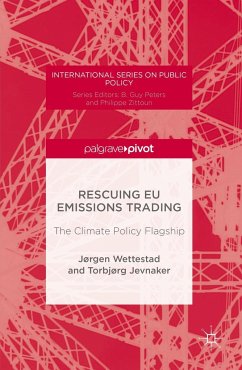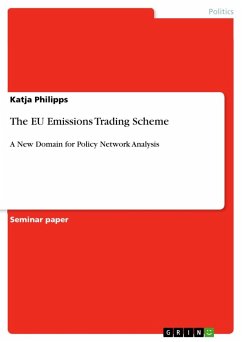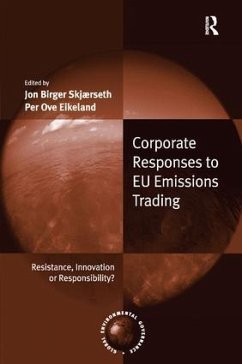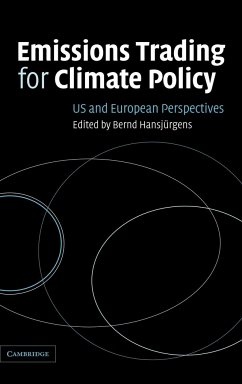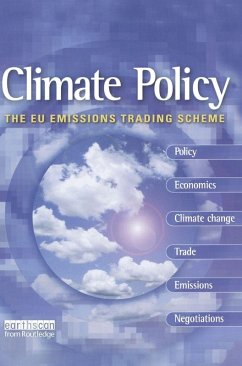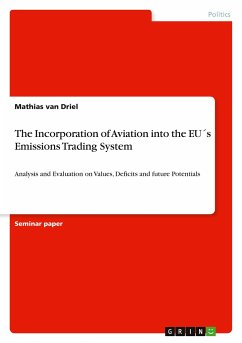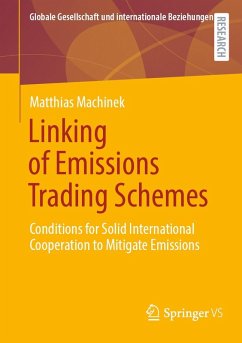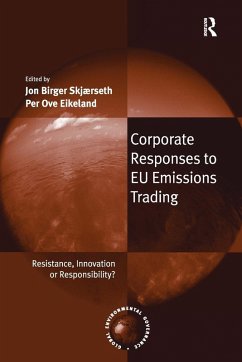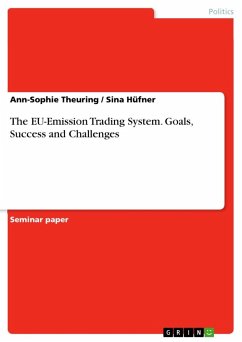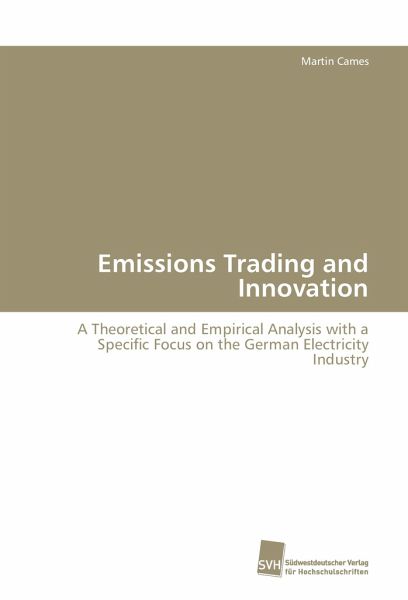
Emissions Trading and Innovation
A Theoretical and Empirical Analysis with a Specific Focus on the German Electricity Industry
Versandkostenfrei!
Versandfertig in 6-10 Tagen
59,99 €
inkl. MwSt.

PAYBACK Punkte
30 °P sammeln!
One major objective of the introduction of emissions trading in the European Union was to promote innovation towards mitigating climate change. Focusing on the German electricity industry, this book analyses from a theoretical and an empirical perspective the extent to which this objective has been achieved and how the design of the trading scheme could be improved to this end. The theoretical analysis was largely based on an algebraic model which allowed for comparison of the relevant companies' profits under various configurations of the design options. The empirical analysis was grounded on...
One major objective of the introduction of emissions trading in the European Union was to promote innovation towards mitigating climate change. Focusing on the German electricity industry, this book analyses from a theoretical and an empirical perspective the extent to which this objective has been achieved and how the design of the trading scheme could be improved to this end. The theoretical analysis was largely based on an algebraic model which allowed for comparison of the relevant companies' profits under various configurations of the design options. The empirical analysis was grounded on two surveys of the electricity industry - one prior to the start of emissions trading, the other after two and a half years of experience had been gained - which enabled identification of the concrete changes in the companies' perceptions and attitudes towards innovation as a result of the introduction of emissions trading. The analysis reveals some indications that the instrument has basically functioned as originally intended although it has certainly not yet developed its full potential in terms of promoting innovation towards a more climate friendly electricity system.



